Minister of Maritime Affairs and Fisheries, Sakti Wahyu Trenggono once said, “The key to the successful implementation of blue economic policy is excellent human resources.” Amid the government’s active implementation of the blue economy concept that is closely related to sustainability, the government is also seriously considering sustainable fisheries partnership jobs that can be filled by competent professionals to advance the world of fisheries in the Republic of Indonesia. Therefore, the Ministry of Maritime Affairs and Fisheries (KKP), through the Marine and Fisheries Research and Human Resources Agency (BRSDM Perikanan), has united various fisheries education institutions into the Ocean Institute of Indonesia (OII).
Previously, KKP through BRSDM Perikanan had 20 higher and secondary education units and a Fisheries Business Expertise Polytechnic (AUP) located in Jakarta. All of these education units were finally merged to create a single institute called OII. The government carried out this merger because it was well aware that strategic steps were needed to fill the need for sustainable fisheries partnership jobs with the right human resources (HR) and job opportunities.
OII will become the only institution ready to fulfill Sustainable Fisheries Partnership Jobs
“To that end, I have asked the Head of BRSDM to design the formation of the Ocean Institute of Indonesia, which will later become the only higher education institution in Indonesia specifically in the field of marine and fisheries,” concluded Minister Trenggono. OII, which was officially launched in August 2022, is not only a vocational education institution, but also a scientific education institution that has collaborated with foreign universities from South Korea, Hong Kong, Japan, Australia, and others.
OII Study Programs Designed to be More Relevant to Industry Needs
After its transformation, the Ocean Institute of Indonesia now offers various study programs that have been prepared to be more relevant to the needs of the fishing industry and sustainable fisheries partnership jobs, including:
- Fisheries Mechanization
- Fishery Capture Technology
- Machining
- Fishery Product Processing Technology
- Aquaculture Technology
- Water Resource Utilization Technology
- Fishery Extension, Resource Utilization
- Marine Engineering Techniques
- Fishery Capture Technology
- Ship Machining
- Agribusiness
- Fishery Pathology Handling Technology
The transformation of OII was also carried out by improving the HR of teaching staff and academic actors in the fisheries sector by holding the 2022-2025 Vocational and Fisheries Professor Program.
Of course, in the future, OII students will also participate in the fisheries industry not only as experts and professionals in the ranks of KKP but also can develop business ecosystems. This was reflected during a visit by members of the DPR, where OII students had already developed the entrepreneurship field by displaying marine and fishery products from the Jakarta, Serang, and Bogor campuses.
Taruna OII Has Successfully Developed Economically Valuable Products
Not only focusing on fishery product development, but Taruna also showcased a unique product, holy mangrove tea, which contains antioxidants and prevents various diseases such as cancer, diarrhea, hepatitis, digestive disorders, premature aging, and many other health benefits. This mangrove tea exhibited by Taruna can be used as a sample material for business incubation that involves product development and market expansion while still considering the aspect of sustainability since mangrove plays a significant role in the marine and fishery ecosystem.
Preparing competent human resources to fill various positions in sustainable fisheries partnership jobs must receive support and involvement from various sectors. Moreover, 54% of the total population in Indonesia is comprised of youths. Aruna as a fishery company hopes that the coastal community can have adequate skills to empower their local economy.
Another important thing to consider is that our country needs not only human resources that match the needs of the job market, but also those who can expand the job availability. Given the enormous potential of marine and fishery resources in Indonesia that have not been fully utilized, Aruna Hub will continuously transfer all necessary knowledge so that progress can be made from upstream to downstream, and even in the seafood supplier line, where the coastal community can participate and have a role to play.

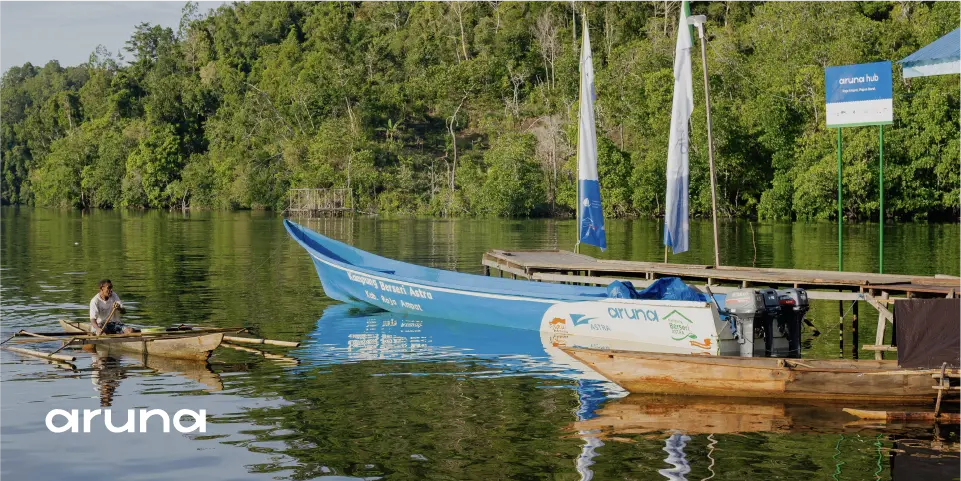



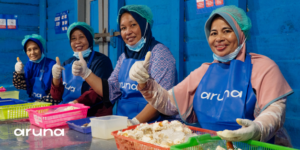
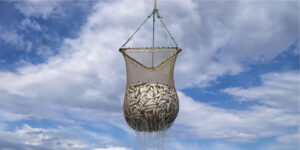

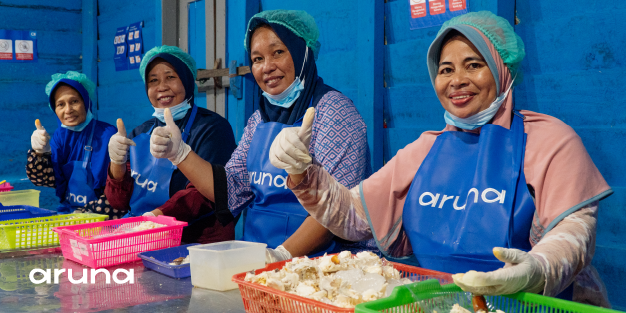
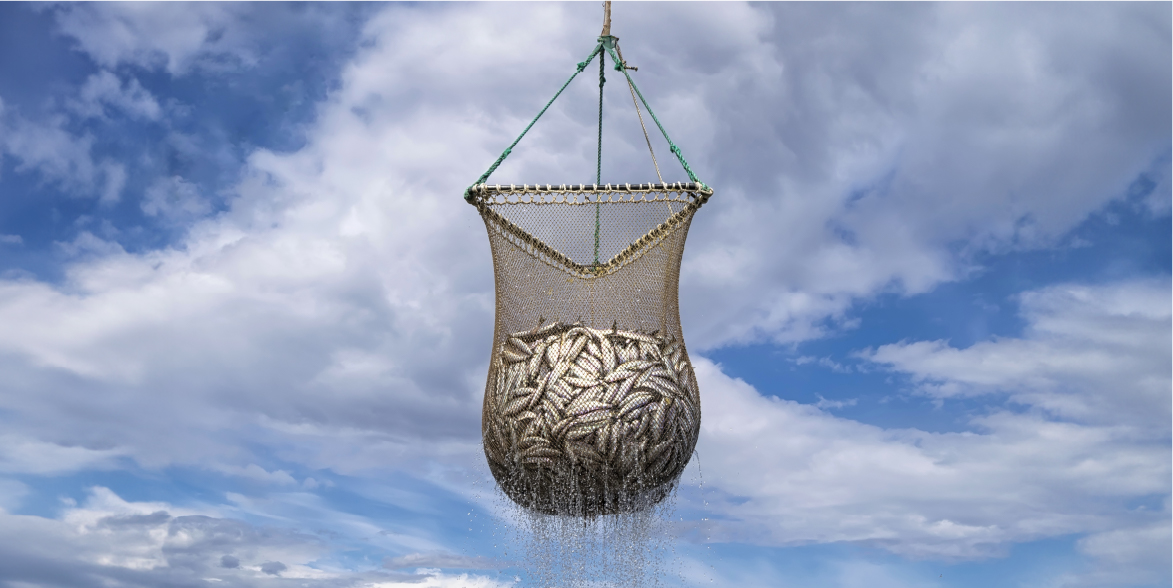
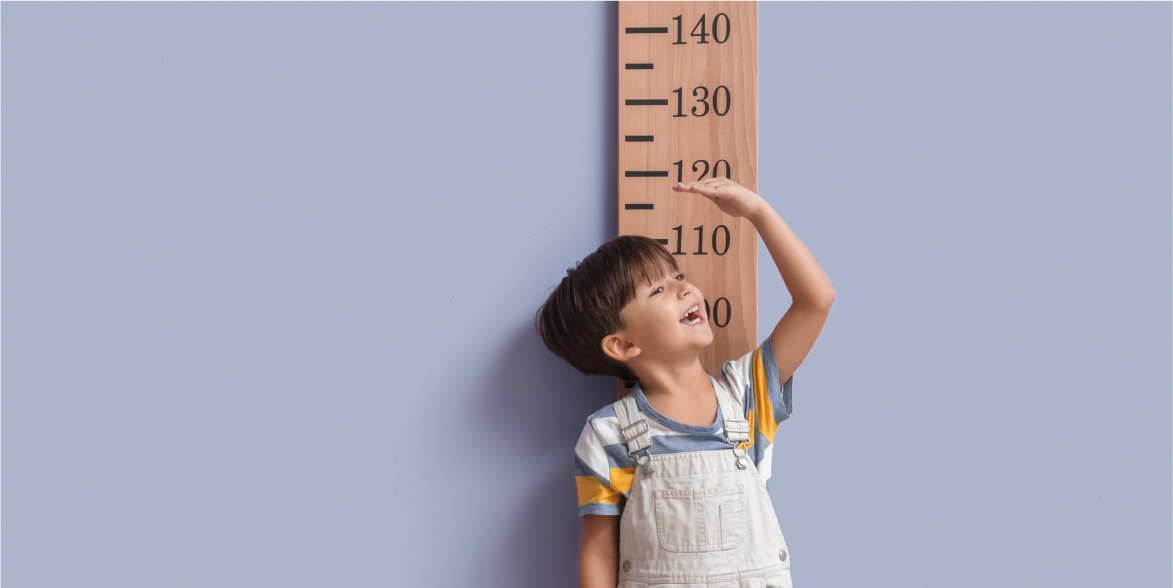
Leave a reply
No comments found.